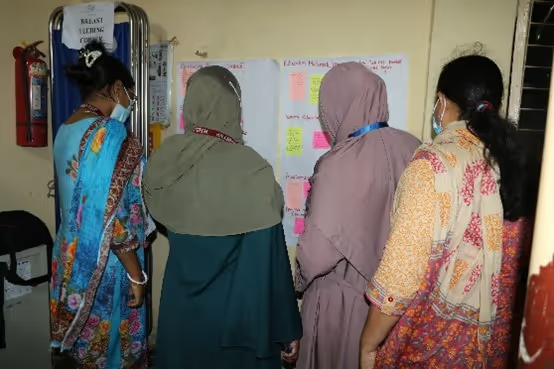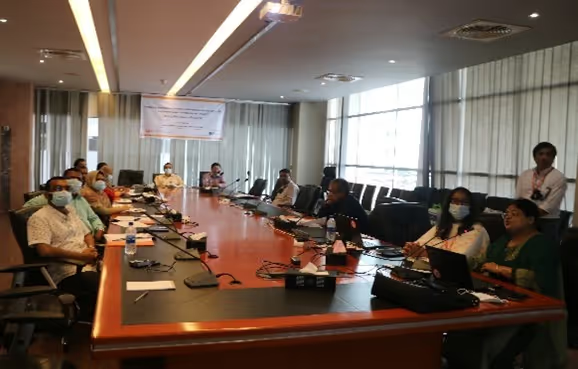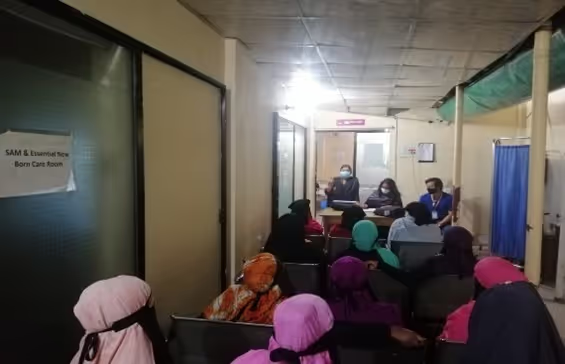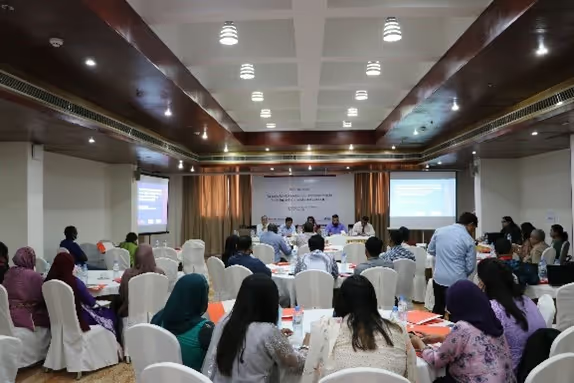Effectiveness of ARCHES Intervention for Reducing Reproductive Coercion in Humanitarian Setting
18
January
2023
Type
Grantee insights
Area of funding
Humanitarian Innovation
Focus areas
Scale
No items found.
Year

Purpose
To address intimate partner violence (IPV) and reproductive coercion (RC) among women and girls in humanitarian settings by adapting the ARCHES intervention through a user-centered design process.
Background
Women and girls in humanitarian setting face significant barriers when trying to prevent unwanted pregnancy and meet their basic sexual and reproductive health needs. IPV and RC negatively impact women’s health and well-being and are strongly associated with poor reproductive health including unintended pregnancy. RC is considered a form of gender-based violence and broadly refers to behaviors by a male partner to interfere with a woman’s or girl’s access to or use of contraception, or decisions regarding a pregnancy. In the uncertain environment of refugee camps, a woman’s ability to manage her reproductive life is crucial to protecting her health and autonomy.
Method
The project was implemented in three phases namely formative phase, adaptation and piloting phase, and implementation and evaluation phase. In the formative phase, we explored the specific forms of RC and other partner-specific barriers to successful contraception among women seeking family planning (FP), menstrual regulation (MR), or postabortion care (PAC) services. In the adaptation phase, the ARCHES intervention was adapted using a user-centered design approach that was overseen by the project’s Community Advisory Group, consisting of community women, and Resource Group, which included government and camp officials and partner organizations. The adapted ARCHES intervention was piloted for two weeks with high acceptability, and the project quickly proceeded to the full implementation and evaluation stage in four health facilities of Cox’s Bazar district. The pre-post evaluation was conducted between July and September 2022. All female MR, PAC, and FP clients aged 18-49 at study facilities were eligible to participate. Primary outcomes included self-efficacy to use FP in the face of RC, self-efficacy to use IPV support services, and attitudes about RC.
Result
Reproductive coercion in humanitarian setting was found to be complex, with women experiencing reproductive coercion from husbands, other family members, and neighbours. Fidelity of implementation was high; approximately 85% of participants were exposed to all intervention components. Disclosure of RC and IPV to the provider was high among those who reported RC and IPV at baseline (96% and 87%, respectively). Among those who disclosed IPV to their provider, 27% were offered a referral for IPV support services, and among those offered a referral, 78% accepted. Contraceptive self-efficacy in the face of RC increased by 62%; self-efficacy to use IPV support services increased by 13%, and attitudes about RC also improved by 12% between baseline and exit survey.
Recommendation
The evidence from project implementation suggested improved self-efficacy and attitudes about RC. The project’s Community Advisory Group and Resource Group recommended scale-up of ARCHES in camp facilities providing MR, PAC and FP services in Teknaf and Ukhiya Upazila of Cox’s Bazar district and Bhasanchar upazila of Noakhali district.
Blog written by Dipika Paul and Dr. Erin Pearson
No items found.
Stay updated
Sign up for our newsletter to receive regular updates on resources, news, and insights like this. Don’t miss out on important information that can help you stay informed and engaged.
Related articles
all latest news
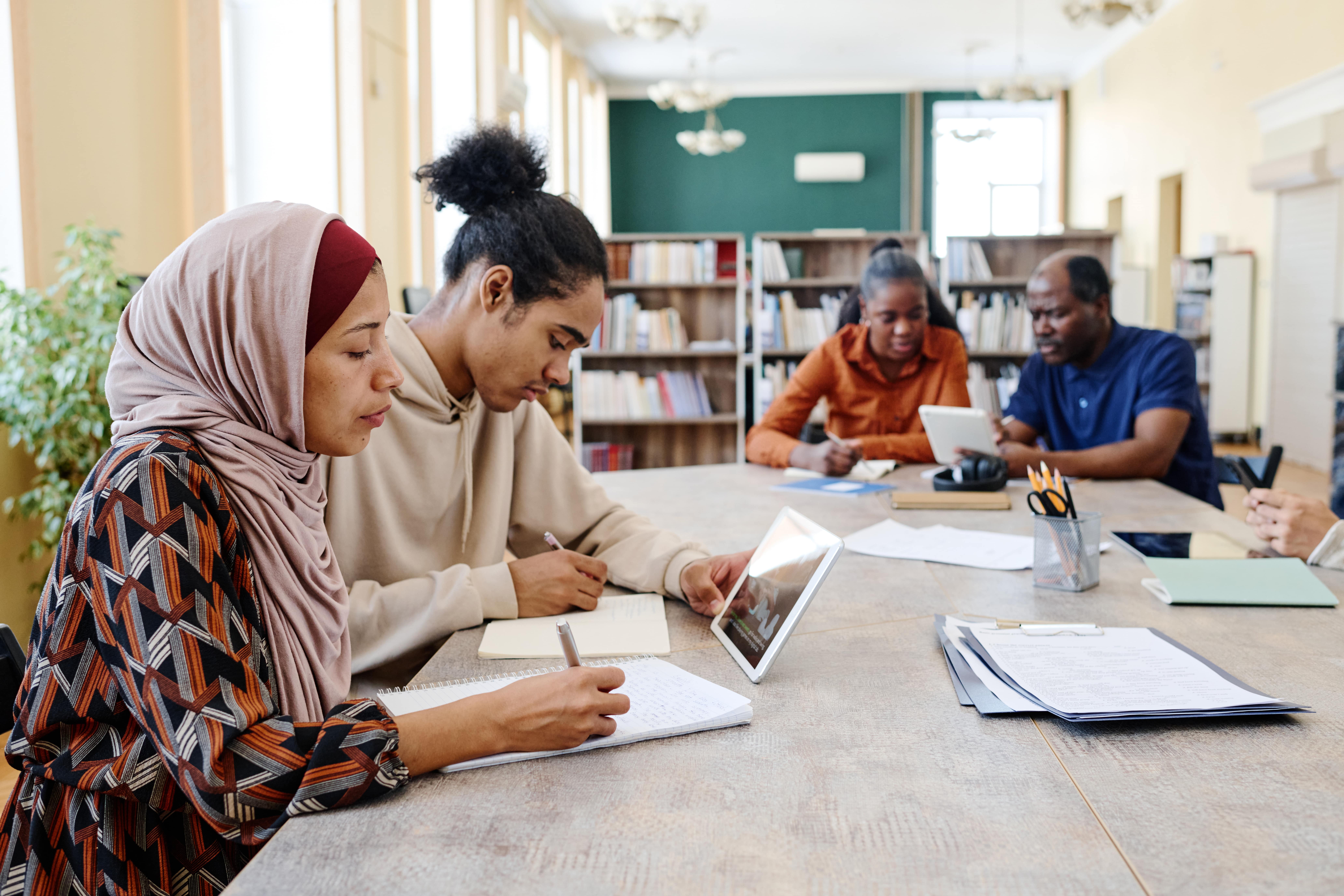
Elrha insights
Help, hazard or hype: reflections from our humanitarian AI learning journey
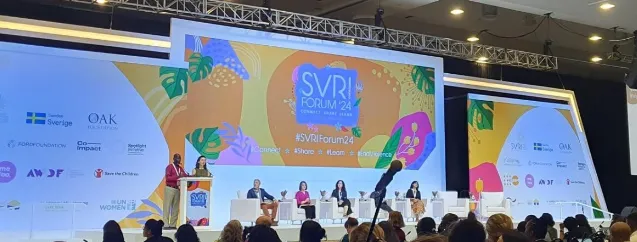
Elrha insights
Humanitarian innovations addressing gender-based violence are driving impact
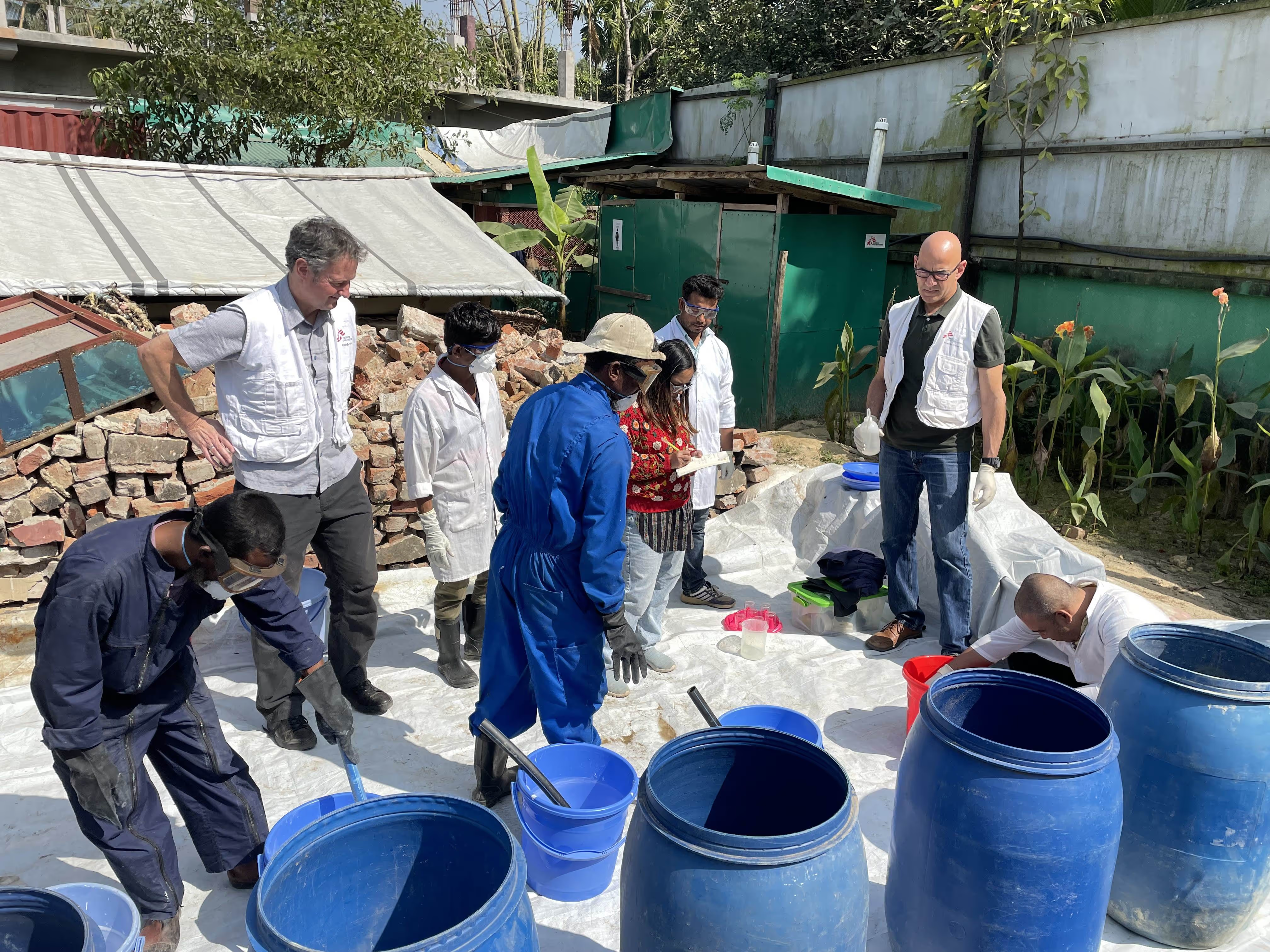
Elrha insights
Innovating for Impact: Tackling the sanitation crisis in humanitarian settings
Explore Elrha
Learn more about our mission, the organisations we support, and the resources we provide to drive research and innovation in humanitarian response.
